| Amount |
100g, 250g, 500g |
|---|---|
| Origin | |
| Processing | |
| Recommeded Brewing Temp. | |
| Recommended Teaware |
Tianjian Tea
US $34.60 – US $173.00
Tianjian tea 天尖茶 is made from first-class dark green raw tea.
Processed from fresh leaves during the Guyu (In the Gregorian calendar, it usually starts on April 20 and ends around May 5.), the tea leaves are black in color, sweet in taste, and have a unique pure pine smokey aroma. The brewed tea is dark yellow and bright.
Add US $99.00 to cart and get free shipping!
Additional information
Reviews (0)
Show only reviews in English (0)
Be the first to review “Tianjian Tea” Cancel reply
You must be logged in to post a review.
Related products
Maojian Tea
US $9.20 – US $46.00
Rated 5.00 out of 5
Xinyang Maojian 信阳毛尖 is grown in Xinyang, Henan.
“Mao” (毛) means tiny fluff in a cup when brewed and “jian” (尖) refers to the shape of the leaves: young, sharp, full leaves.
It is one of the ten best famous teas in China. Xinyang Maojian is known for its unique and delicious flavor. The color is yellowish especially when boiled with water. The tea liquor is slightly thick and has a refreshing crisp taste and with a lasting aftertaste.
Fu Zhuan Tea Brick Type B
US $16.10 – US $80.50
Zhengshantang Special Tea
US $195.00
Rated 5.00 out of 5
50g. Zhengshantang is the founder of Jinjunmei.
Jinjunmei 金骏眉 is grown in Wuyi, Fujian which literally translated means“ Beautiful Golden Eyebrows”.
The team led by Jiang Yuanxun, the 24th generation inheritor of Lapsang Souchong black tea, developed a new variety of black tea based on traditional craftsmanship through innovation and integration in 2005.
The tea has a sweet, fruity, and floral flavor with a long-lasting sweet aftertaste. The brewing color is bright red.
Longjing Tea Type B
US $36.90 – US $184.50
Rated 5.00 out of 5
Longjing 龙井 is grown in Hangzhou, Zhejiang, which literally translates to "dragon well," Longjing tea was granted the status of imperial tea, in the Qing dynasty by the Kangxi Emperor.
Longjing tea tastes sweet, mellow, and rounded.
Pre-Qingming Longjing
Pre-Qingming Longjing tea requires it to be produced from the first spring shoots prior to the Qingming Festival (Chinese farming calendar) on the 5th of April each year. There will usually be seasonal rain for a few days during the Qingming Festival.
Indeed, after the rain, the temperature heats up, which accelerates the growth of the tea plant. When the tea bud gets too big, it starts to lose complexity in the brewed flavor, therefore, Pre-Qingming tea is considered better.
Tieguanyin Type A
US $18.40 – US $92.00
Rated 5.00 out of 5
Taiping Houkui Tea
US $27.60 – US $138.00
Rated 5.00 out of 5
Taiping houkui 太平猴魁 is grown in Anhui, which literally translates to “peaceful monkey king”. Tea has been produced since 1900 and has a history of over 100 years.
It won the "King of Tea" award at the China Tea Exhibition 2004 and is sometimes ranked among the famous Chinese teas.
The shape of Houkuijian tea is special. It is characterized by straight and plump leaf buds, freshness and mellow taste, and a sweet aftertaste. Even if you put too much tea, it is not bitter.
Huangshan Maofeng Tea
US $34.60 – US $173.00
Rated 5.00 out of 5
Huangshan Maofeng 黄山毛峰 is grown in Huangshan, Anhui, which literally translates to "Yellow Mountain Fur Peak" due to the small white hairs which cover the leaves and the shape of the processed leaves which resemble the peak of a mountain.
It is one of the ten best famous teas in China.
The color of the tea is green and yellowish, and the tea soup is light green or yellow-green. The taste is strong and not bitter, and the aftertaste is sweet and refreshing.
Tieguanyin Type B
US $11.50 – US $57.50
Rated 5.00 out of 5
Lapsang Souchong Tea
US $18.40 – US $92.00
Rated 5.00 out of 5
Lapsang Souchong 正山小种 is grown in Wuyi, Fujian.
This is the earliest black tea in the world and is also known as the originator of black tea. It has a history of more than 400 years.
The tea is smoked with pine needles or pine wood and has a strong aroma. Because of smoking, the tea leaves are gray-black, and the tea is dark amber.
Yuhua Tea
US $18.40 – US $92.00
Rated 5.00 out of 5
Yuhua Cha 雨花茶 is grown in Nanjing, which literally translated means“ rain flower tea”. It is one of the ten best famous teas in China. The cultivation history of Yuhua tea can be traced back to the Tang Dynasty.
After the tea is brewed, the tea color is green, clear, the taste is mellow, and the aftertaste is sweet.
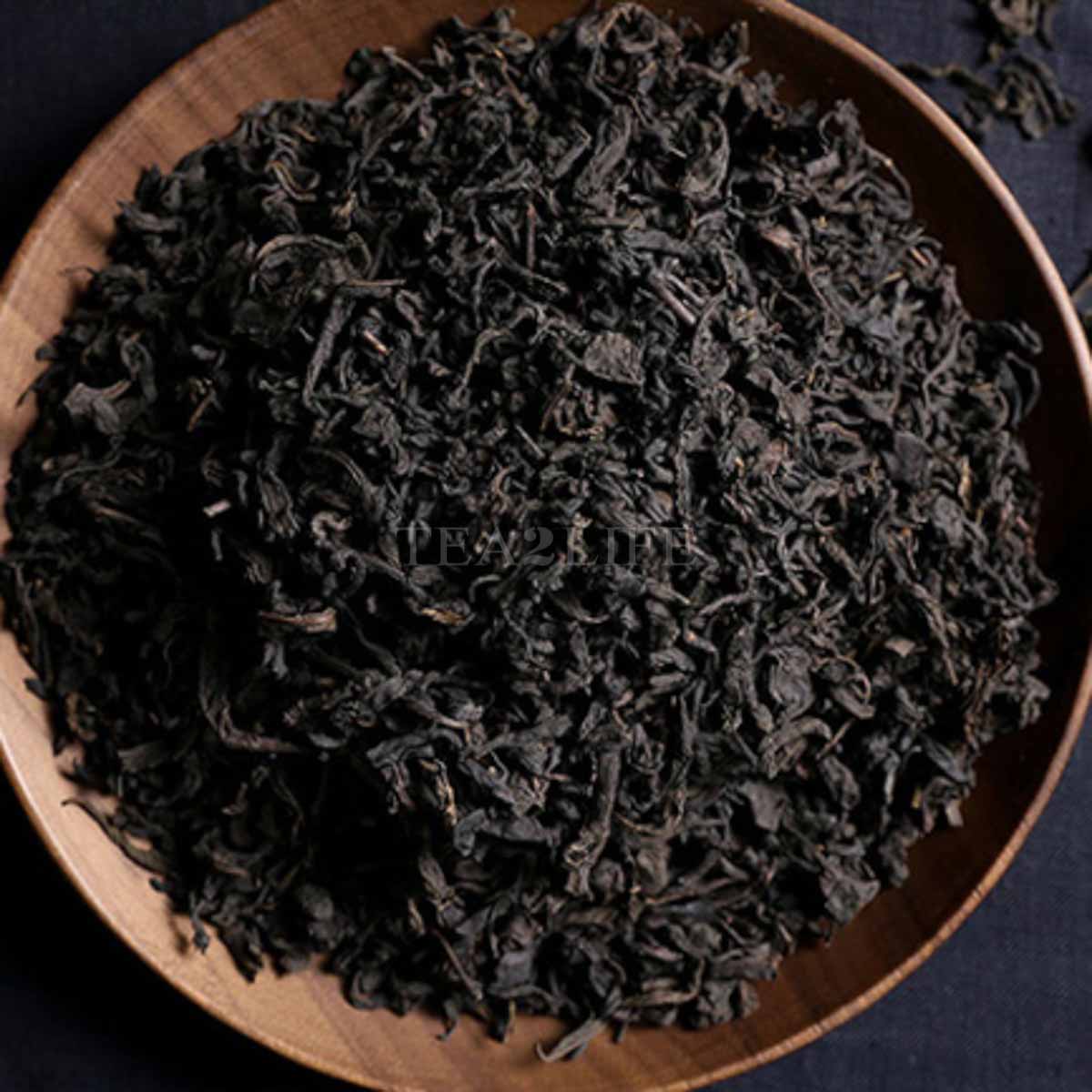
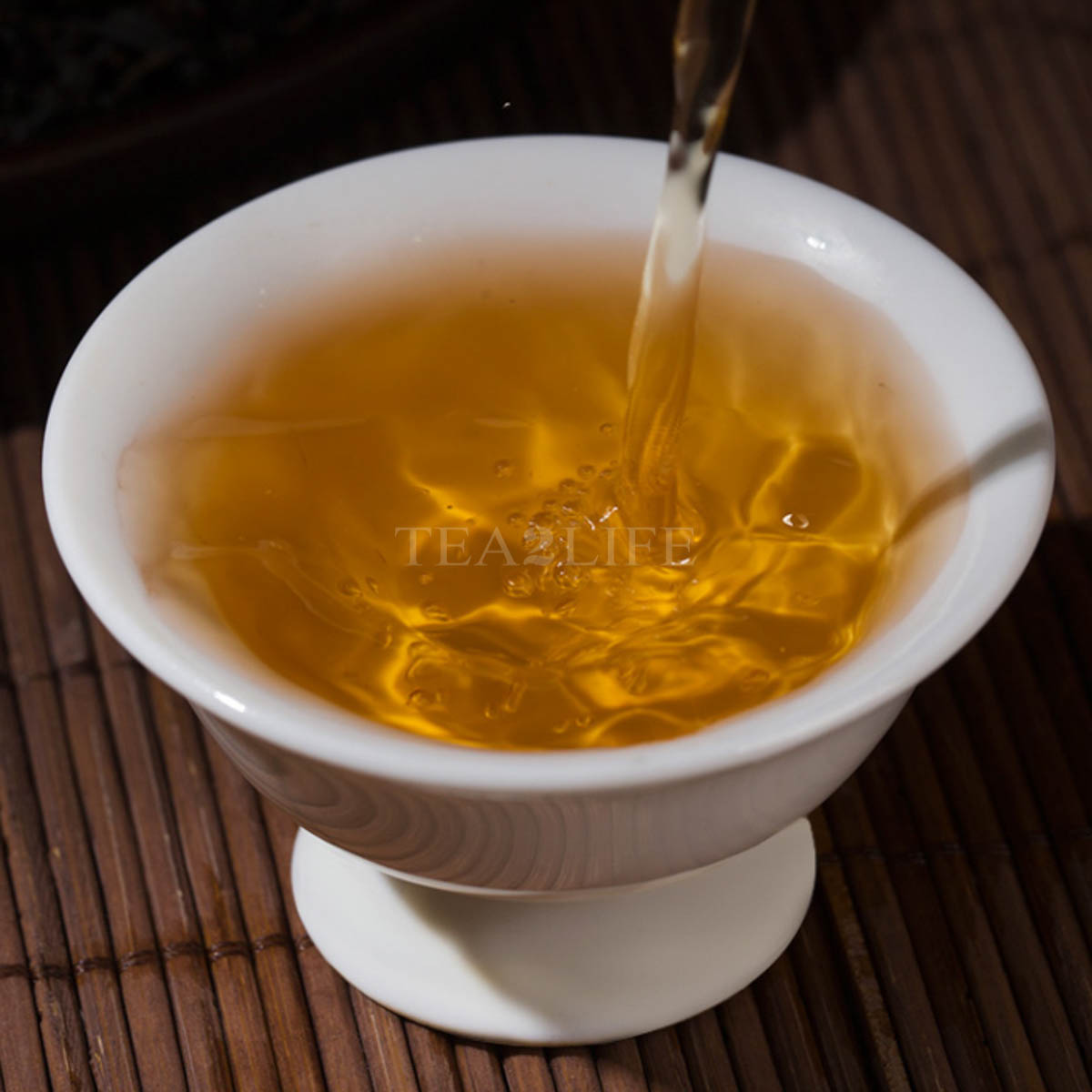
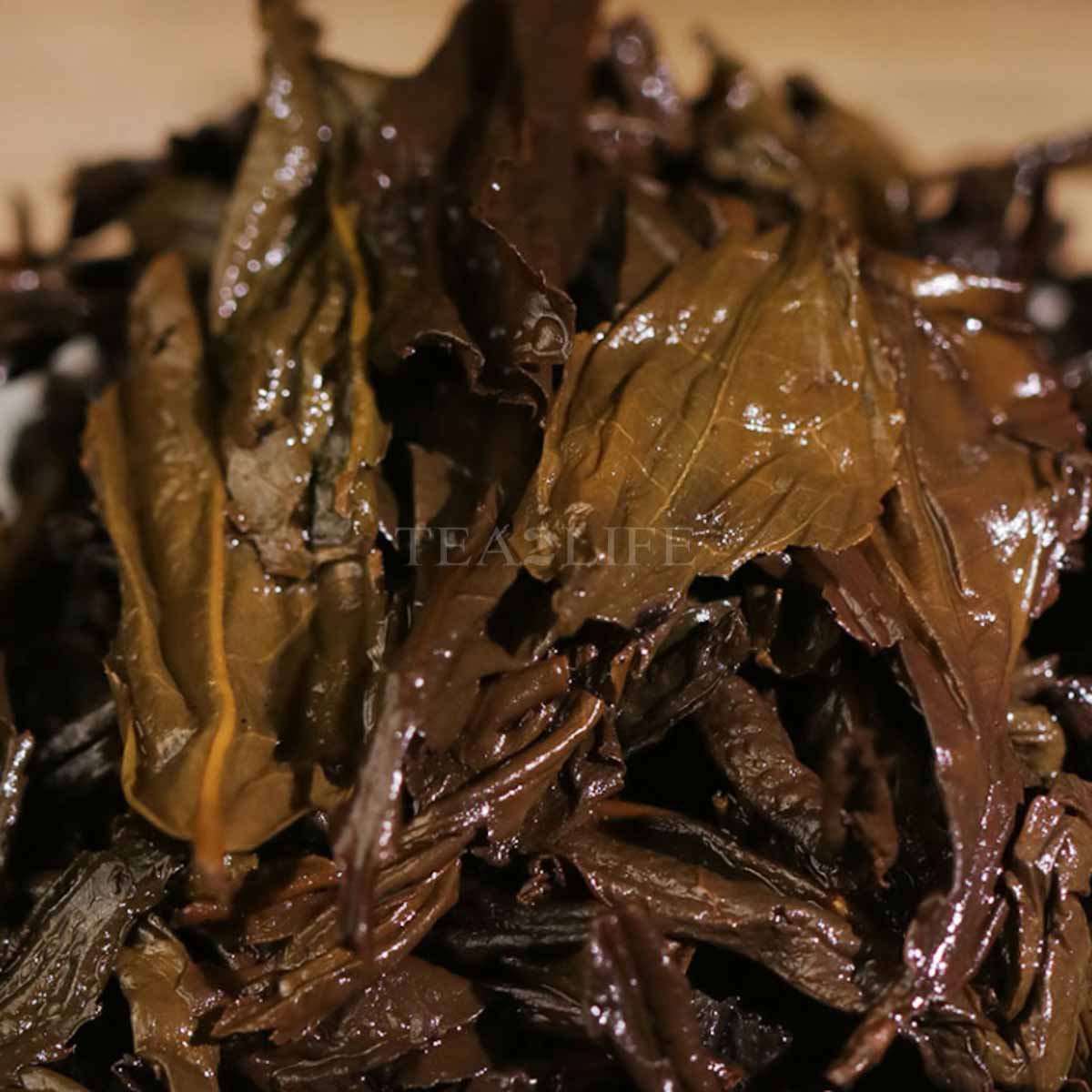
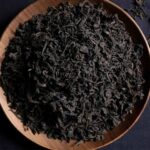
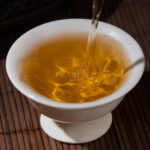
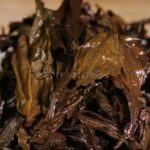
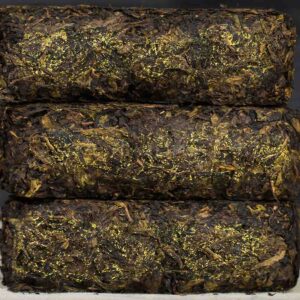
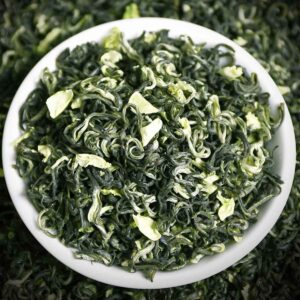
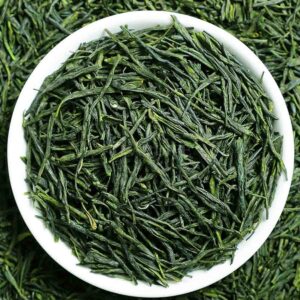
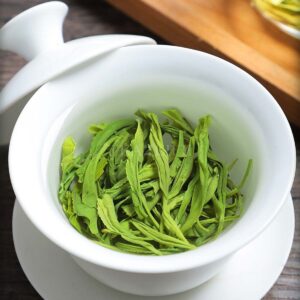
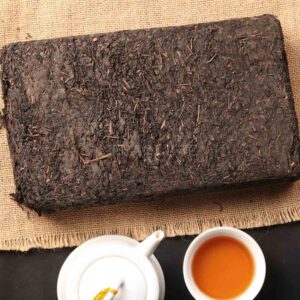
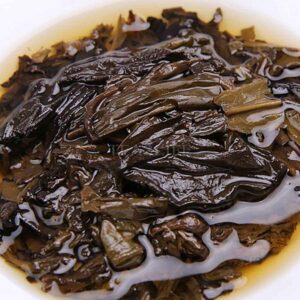
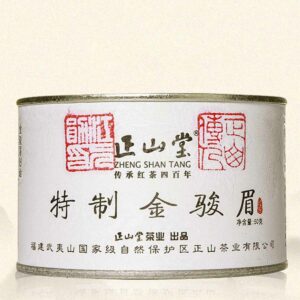
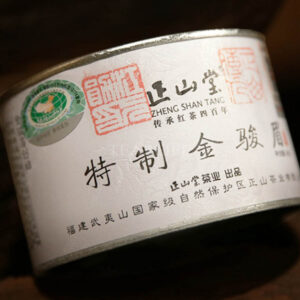
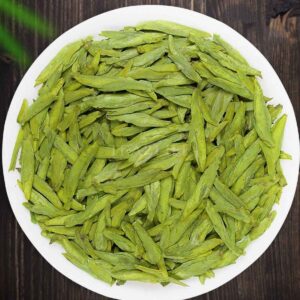
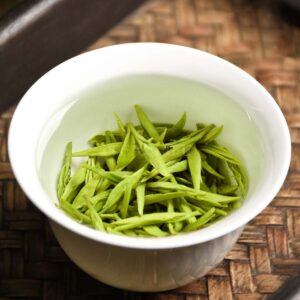
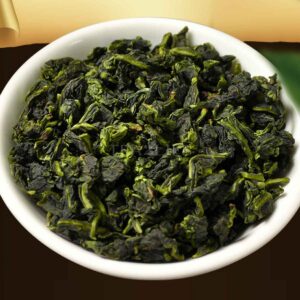
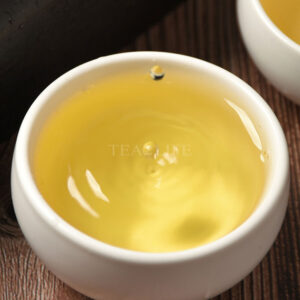
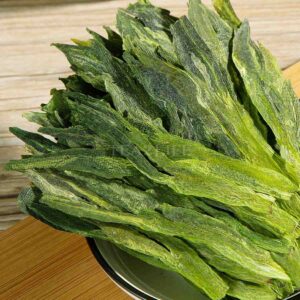
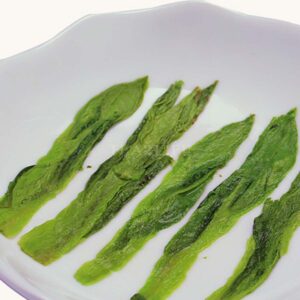
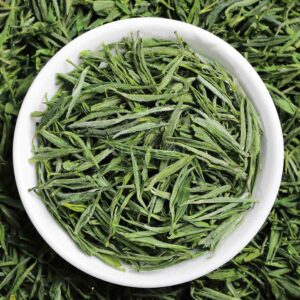
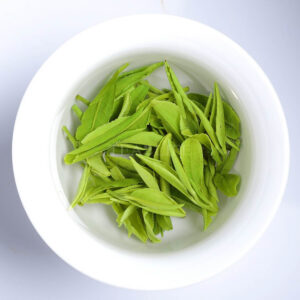
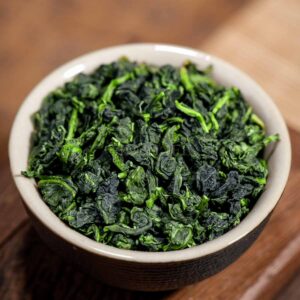
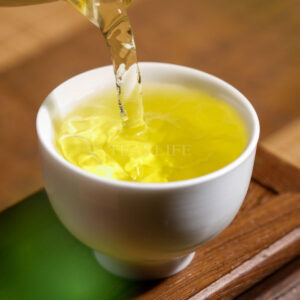
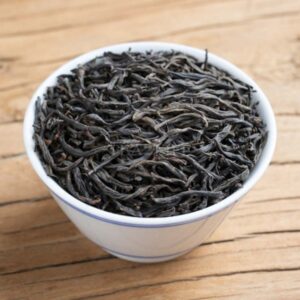
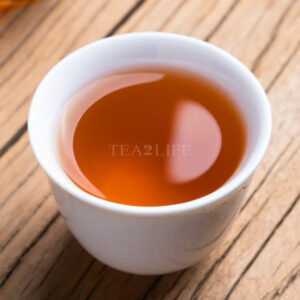
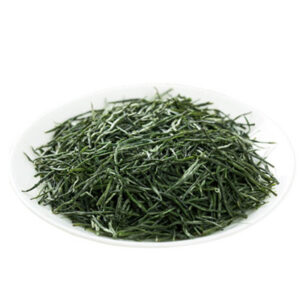
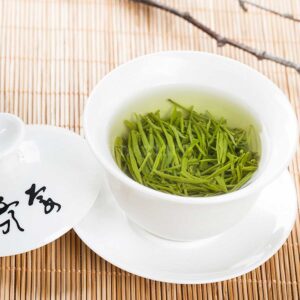
Reviews
There are no reviews yet.